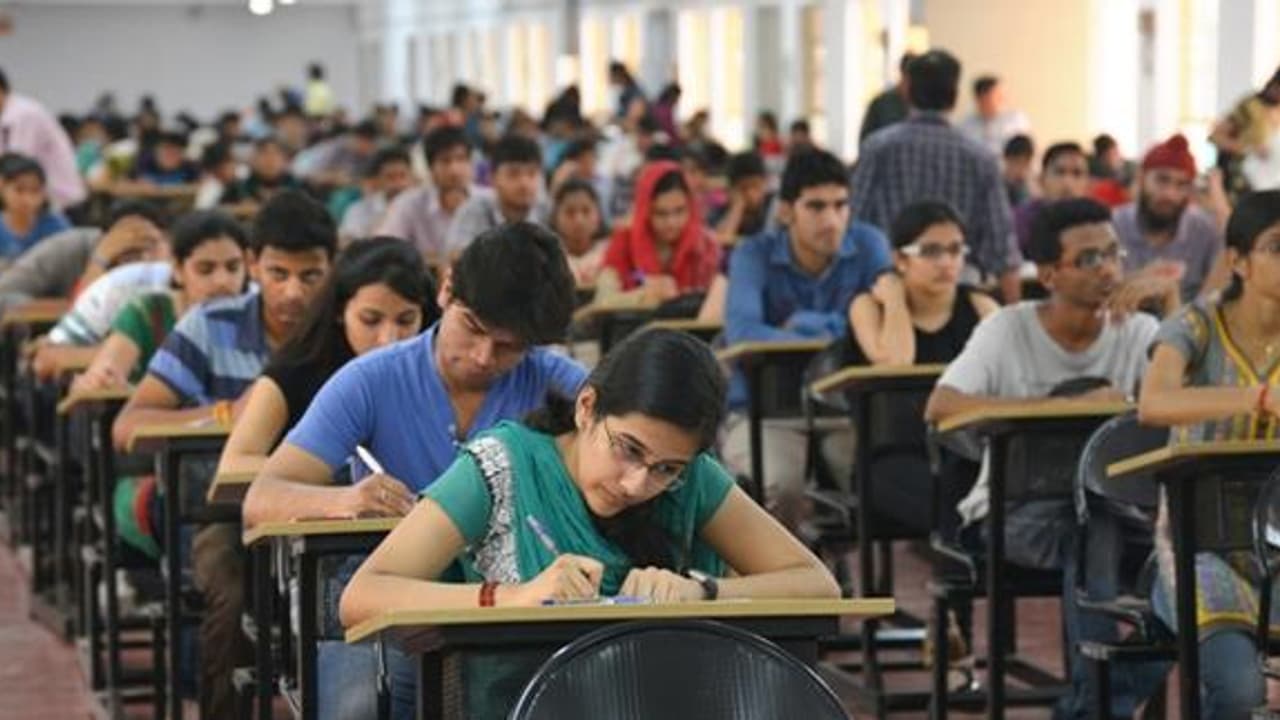The Madras High Court on Tuesday (July 10) directed the Central Board of Secondary Education (CBSE) to give grace marks to those who have written the NEET exam in Tamil as the questions were wrongly translated.
The Madras High Court on Tuesday (July 10) directed the Central Board of Secondary Education (CBSE) to give grace marks to those who have written the NEET exam in Tamil as the questions were wrongly translated.
The court's verdict states that the NEET organisers should give 196 grace marks (four per question) to every student who has written the exam in Tamil language as 49 of the questions were not rightly translated into Tamil. The HC has ordered to apply this and set the rank list right within two weeks.
The court's verdict came after the hearing of a Public Interest Litigation (PIL) filed questioning the negligence of the CBSE.
Speaking to My Nation, expert on educational matters and Chairman of Manipal Global Education Mohandas Pai said, "I agree with the High Court. In case the questions are wrongly translated and students have been put to a disadvantage there should be recompense given to them. But I don't agree that 196 grace marks should be given.
“They should have asked NEET organisers to come before them and, ask them how much marks should be given, take it on record and given the verdict making sure students are not put at a disadvantage. But in my opinion court fixing the marks to be given is not right. At the same time court is right in asking CBSE to take action immediately so students’ future is not jeopardised."
Pai termed this mistake as a “good lesson” for NEET.
"This is a good lesson for NEET. In fact, NEET organisers should be penalised because being a public institution, they have not taken due care. They cannot play with the rights of the students. A heavy penalty should have been put on them as they have failed in delivering and the failure should pay a price", Pai opined.
Pai also said, "I don't think the organisers of the exam should dispute the court's verdict. But if they feel the judgement is unfair regarding the grace marks, they should put up an argument on how much grace marks should be given as all students cannot be given the same marks. So, NEET should discuss with the court about what is the level of the marks to be given and close the matter".
VK Pillai, who heads Media Studies wing at Bengaluru’s Garden City College, said, "The benefit of the doubt should be given to the students. Madras High Court's verdict in this regard is completely right. Framing questions wrongly was an act of negligence by the organisers of the examination and students should not be punished for organisers’ mistakes."
But he also added that this might also lead to a blame game between the judiciary and the CBSE, putting the future of the students at stake.
Just to give a glimpse into the errors, one of the questions had the word cheetha which translates to Tamil as 'Siruthai' but instead was written as 'Seetha' in the question paper.
On July 6, the Madras HC had taken CBSE to task and had warned the CBSE against acting like a dictator.
The NEET exams were held on May 6. An NGO, Teach For All, which conducted a special training for the students below poverty line who were writing the NEET exams, pointed out the wrongly translated exams.
However, it is high time CBSE learns from its mistakes and sets the problem right than punishing the students for no mistake of theirs, said Pillai.
